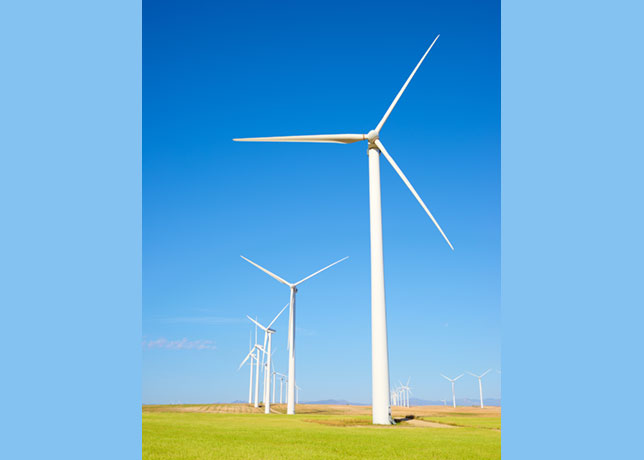
Despite near-term challenges in some markets, the uptake of electric vehicles (EVs) globally remains strong. Last year, about 20 per cent of new cars sold worldwide were electric – and that share is expected to continue to rise, the International Energy Agency said.
Based on current policy settings by governments around the world, EVs’ market share is set to grow nearer to 50 per cent by 2030 and beyond it soon after.
The growth of electric mobility has been particularly dynamic in China, where the majority of electric cars sold in 2023 were already less expensive than their conventional equivalents. The electrification of road transport – along with a vast high-speed rail network that competes with air travel and the use of LNG for trucks – is putting the brakes on increases in oil demand in China, which has long been the driving force of global growth in oil consumption, accounting for more than 60 per cent of it over the past decade. Globally, the adoption of electric vehicles is set to reduce oil demand by about 6 million barrels per day by 2030 and 13 million barrels per day by 2035. This is a key reason that a peak in global oil demand is currently projected by the end of this decade.





















































































